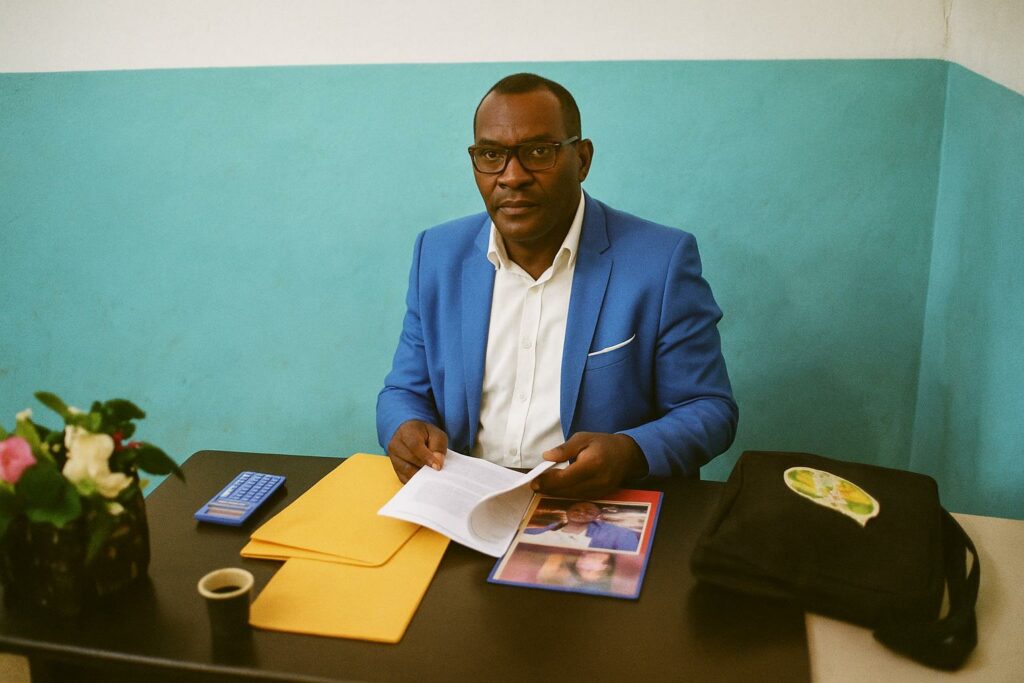Niamey Takes Centre Stage in the Migration Debate
For two days the Nigerien capital has hosted an unprecedented consultation on irregular migration, bringing together government envoys, diplomats, civil-society activists, technical partners and religious leaders. In the hushed conference hall, the focal point quickly became the intervention of Dr Ernest Nounga Djomo, General Coordinator of the Panafrican Consortium for Peace. Speaking on 24 September, he placed the historic responsibility of colonialism at the heart of contemporary population movements from Africa toward Europe, arguing that the phenomenon can no longer be treated solely through the prism of security or humanitarian urgency.
From Historical Injustice to Legal Qualification
Dr Nounga Djomo’s thesis is stark: the colonial venture amounts to an international crime whose material and moral consequences still weigh on the continent. Transforming that moral indictment into a codified offence, he contends, would offer African states a legal lever to seek reparations and, crucially, to dissuade a resurgence under new guises. “Africa deserves an indemnity in compensation for the harms endured by the colonised states,” he insisted to a visibly attentive audience, stressing that the act of juridically naming the wrong would guard against what he calls “a new form of colonisation”.
Reparations as an Engine for Youth Inclusion
Beyond symbolism, the coordinator framed reparations as a pragmatic instrument. Funds obtained through negotiated or adjudicated settlement could underwrite programmes for the insertion of young graduates, support innovation and bolster entrepreneurship ecosystems. Such an agenda, he reasoned, addresses the structural deficits—unemployment, poverty and limited access to capital—often cited by departing migrants. By anchoring the debate in tangible economic policies, Dr Nounga Djomo aims to recast migration management from border policing to opportunity creation at home.
Religious Diplomacy and Collective Responsibility
Acknowledging the moral weight carried by faith leaders, the speaker saluted the Grand Imam and the Archbishop of Niamey for their commitment to a “panafrican dynamic of peace and solidarity”. Their presence, he suggested, adds an ethical dimension that transcends national jurisdictions and echoes through trans-Saharan migration routes where spiritual guidance often replaces absent institutions. In the same breath, he appealed to both African and international consciences: Why, he asked, do young Africans continue to risk their lives across deserts and seas? His own answer points to historical dispossession: a generation now pursues abroad what was once taken.
Toward a Continental Roadmap on Irregular Migration
The Niamey forum was conceived as the first milestone in a broader consultation process slated to unfold over the coming months. Subsequent international meetings are expected to craft a concerted African response that integrates historical redress, economic inclusion and humane mobility governance. While the legal path to criminalise colonialism is complex, the political resonance of Dr Nounga Djomo’s proposal may oblige policy-makers, donors and former colonial powers to re-examine orthodoxies. For the moment, however, the braiding of history, law and development articulated in Niamey has already shifted the conversation from managing symptoms to confronting origins—a pivot many participants deemed long overdue.

